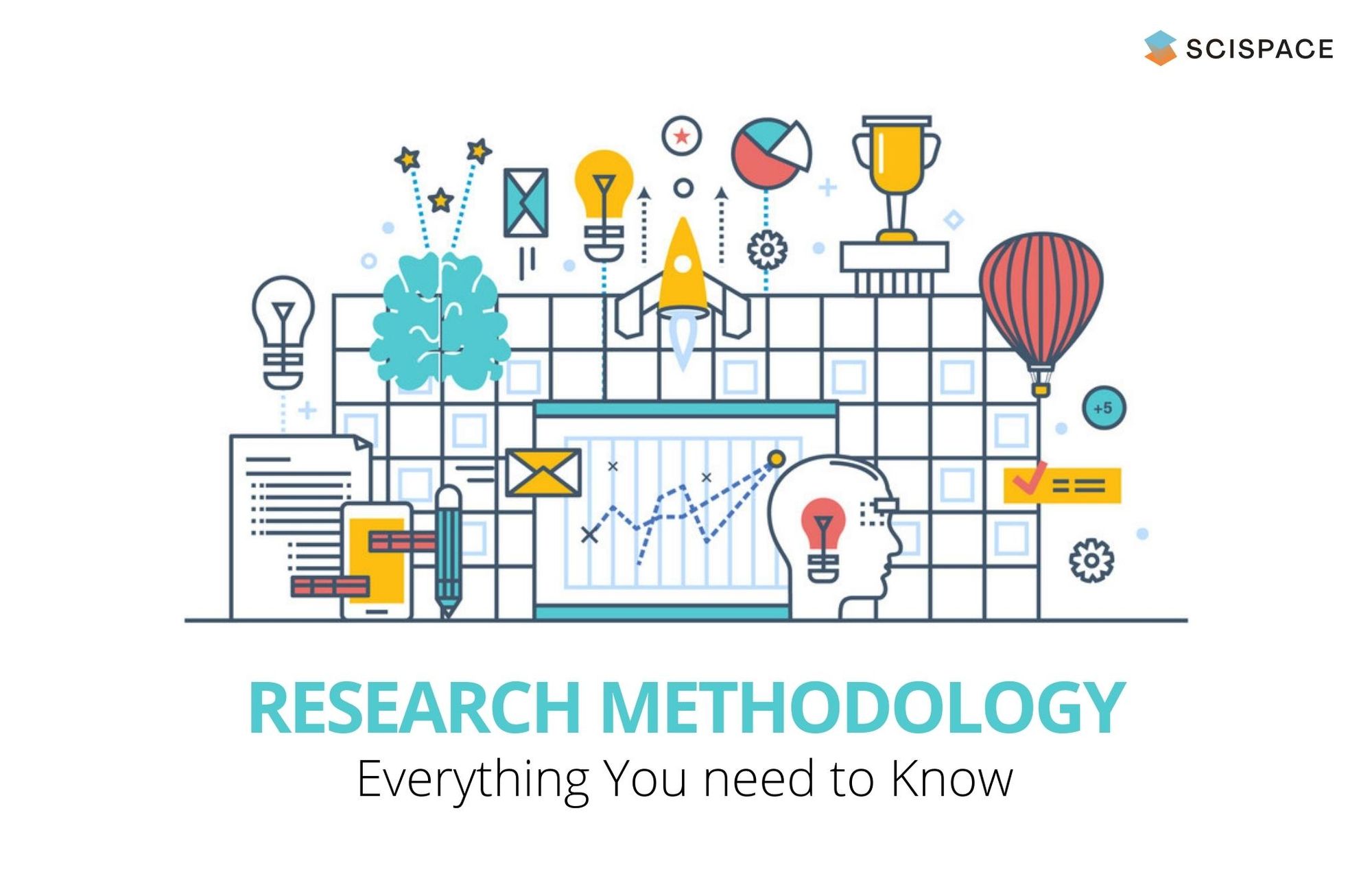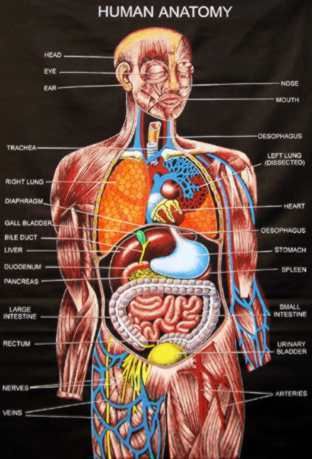Critical care Nursing has evolved into a profession which is now diversifying at
tremendous rate into various specializations thereby leading to continuous change
in knowledge and practices in critical care. Therefore, as a: critical care nurses
you have to broaden and update your knowledge and nursing practices by adopting
innovative practices using nursing process. In this course, special main focus is
on concept and principles of critical care nursing, ph rsiological interventions,
psychological approaches for the patients and their families. Emphasis has also
been placed on efficient and systematic approach towards the priorities in critical
care nursing which are of teaching learning process, enhancement of course
instruction, stress and crisis management, therapeutic communications and
guidance and counselling. This will also help you to apply evidence based research
consideration to specific practices and interventions thatwill ensure safe patient
care and best outcomes. Links between Pathophysiological process, -clinical
manifestation, nursing diagnosis, nursing interventions has been emphasized.
- Teacher: Dr. Reeta Devi SOHS






